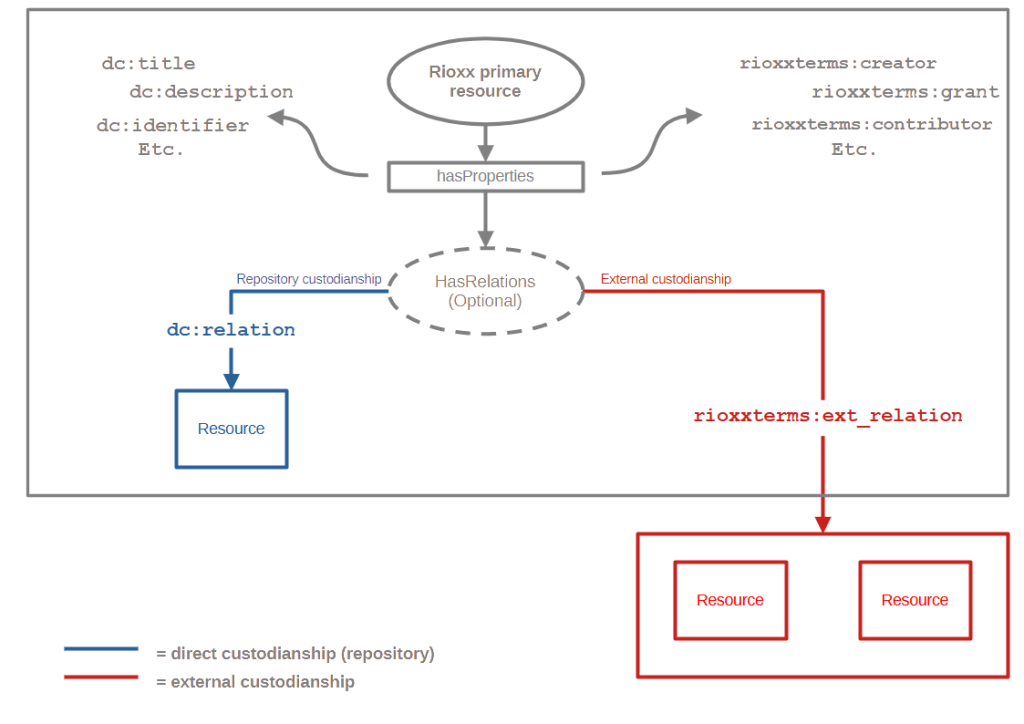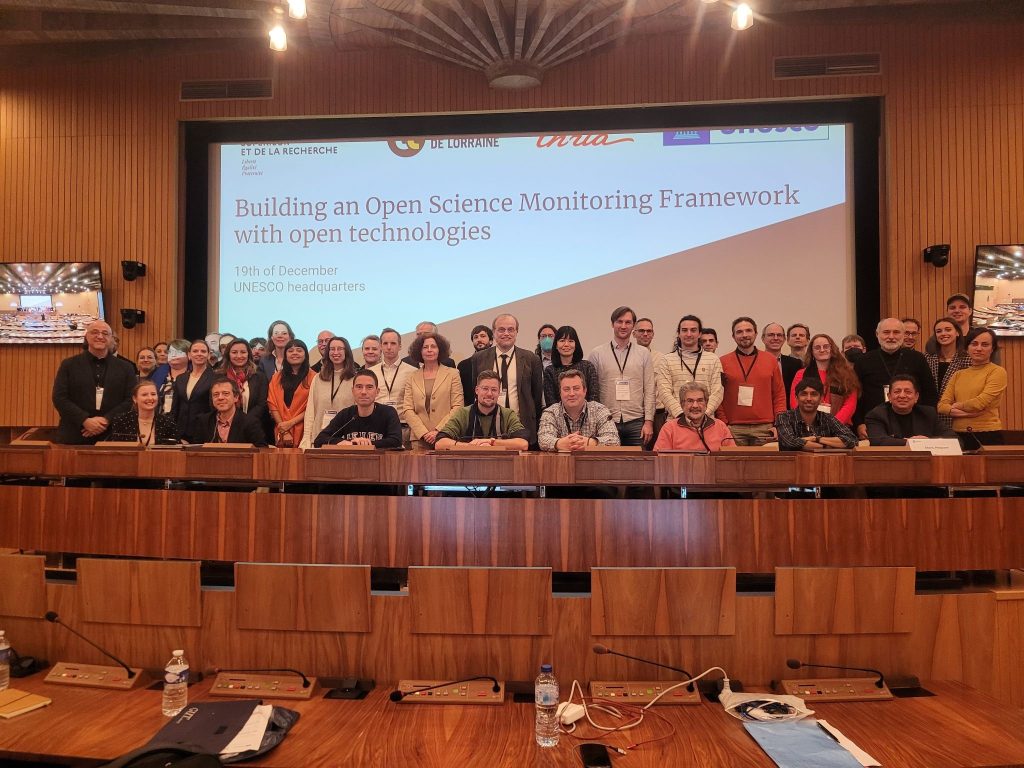This spring saw the launch of the multi-national SoFAIR project (Making Software FAIR: A machine-assisted workflow for the research software lifecycle), coordinated by The Open University and involving teams from six institutions across 5 countries. The project is funded by a €494k research grant in the international CHISTERA Open Research Data & Software Call which aims to enhance the discoverability and reusability of open research software.
The consortium partners
In January the SoFAIR project partners headed for the slightly chilly surroundings of Milton Keynes to gather for the SoFAIR project kick off meeting. The meeting took place over two days at the Walton Hall campus of The Open University and we were grateful to all of the project partners who travelled to the U.K. to join us. We were also fortunate enough to be able to arrange a visit to Bletchley Park as part of the proceedings.



